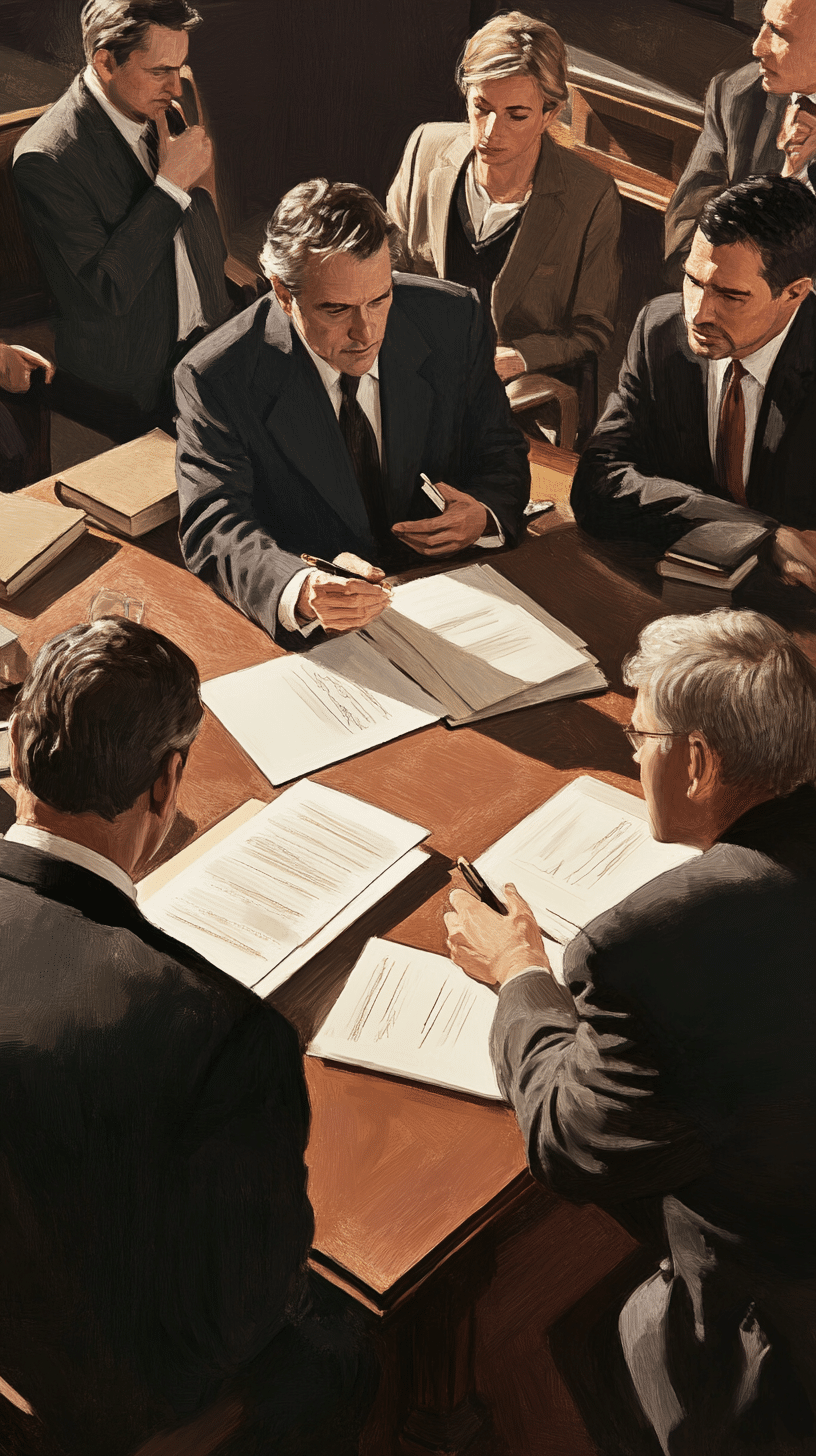Lenox Hill Radiology, PC v Tri-State Consumer Ins. Co., 2010 NY Slip Op 20530 (App. Term 1st Dept. 2011)
I guess now starting to face the onslaught of appeals that it was shielded from in years past, the Appellate Term, First Department has shared some choice words with the no-fault bar. One of the posters, I believe Sun, quoted the pertinent “observation” of the majority opinion at NFP. I am not going to quote it here. I would note that based upon the writing style, it appears that Justice Douglas McKeon authored that opinion.
What was nice is the reader, through an analysis of the majority and dissenting opinion, was given some details as to what the majority considered the bare minimum to establish the proper presumption of mailing.
The majority: “At trial, defendant presented the testimony of an experienced claims examiner, Jennifer Piccolo, who both personally prepared the initial and follow-up verification requests here at issue and possessed first-hand knowledge of defendant’s standard office mailing practice. The witness’s credible and consistent account of the mailing procedures generally followed by defendant, including how the mail was systematically picked up during the work day, when it would “go out,” and what steps would be taken if a verification letter was returned as undeliverable (an event which, the witness noted, did not occur here), “obviated the necessity of producing a witness with personal knowledge of the actual mailing” of defendant’s verification letters (see Badio v Liberty Mut. Fire Ins. Co., 12 AD3d 229, 230 [2004]). Nor was it incumbent upon defendant to produce a witness, such as a mail clerk or other clerical employee, whose duty it was to ensure compliance with its mailing procedures or who possessed personal knowledge of such compliance.
By the way – I am putting the world on notice – if anyone cites to Contemp v. Geico on any papers that cross my desk, you are liable for Part 130 sanctions. This is the written warning that the rules require. If you make this argument, withdraw it. If you want to make it, don’t. If you practice no-fault, you will probably have crossed this blog so you are on notice. Thank you.
The dissent (Schoenfeld, J.S.C.) is interesting, and illuminates what was missing from the witnesses’ testimony, yet in the eyes of the majority was sufficient to grant judgment to the defendant:
Q: Personal knowledge as in you observe them do their day to day job with respect to… receipt of mail returned?
A: No.
Q: Nor with any of their other responsibilities with respect to mailing, correct?
A: Correct.”
Justice Schoenfeld – who I had an interesting back and forth with at oral argument in A-Plus v. Mercury (as Plaintiff was counsel was probably smirking), seems to believe that the affiant or witness must observe, on some level, the day-to-day mailing activities. Again, he is not advocating the “duty to ensure compliance” lingo. But personal knowledge to him requires someone whose job title involves processing, sorting or observation of the mail procedures.
My observation – and it is only an observation – is that the majority is of the viewpoint that if the opponent of the “mailing” is not going to present evidence that the document was not received, then the Appellate Term does not want to hear it. The Court seems to be telling us that Civil Court judges have better things to do than to pass on esoteric issues of mailing. Again, this was just an interesting decision.













3 Responses
J.T. I read your post. I think I might start losing sleep. I am already sweating profusely.
What’s big about a decision where the side that lost submitted no evidence to rebut the miscreant.
Because we have procedures for mailing this thing here which I know nothing about was mailed. Stupid but that’s the law. Why not a document maintained with every file. Could even be electronic. “On 01/01/11 verification letter mailed.” Bring it in as a business document.
Of course if you received it then why fight it. That’s the problem with no fault all around. You got the bill — admit it. No says the App Term 2nd in the apples = oranges decision. You got the denial — admit it. etc. etc. You got the verification — admit it.
Bring back the Notice to Admit and the use of Interrogatories as judicial admissions instead of this idiot show or put out a regulation that punishes those who litigate issues that are not real issues — that’s your frivilous practice of law.
J.T. that is what the 1st Dep’t. is talking about.
The whole litigation about “mailing” and “business records” has bedeviled me for years. I think it is inappropriate, and the manner of this litigation has at at times embarrassed me as a practitioner in this field. I have stories, as do many, about this manner and method of litigation.
Yet, everyone has the right to try their case in any manner they seek fit.
But, the problem that arises is that this court is now doing everything in their power, short of overturning Fair Price and Presbyterian, to show their disdain towards this form over substance litigation. I think this is what happens when you push the apple cart too far.
The Triangle R case that came out today is a direct result of this form over substance litigation. I think if most cases were addressed on their merits, Triangle R would have been a plaintiff victory. As you can see, this is probably only the beginning of the backlash. On the other side of the coin, I think the appellate courts are going to probably start sticking it to the carriers on Mallela issues. They already started in those bruising Rabiner cases.
Clear and convincing (which will be the standard), short of the Carothers bloodbath, will probably be almost impossible to reach in the ordinary Mallela scenario.
We as attorneys have to zealously advocate. That means using every available means including putting the opponent to their proof on issues such as mailing of bills and denials even though we know that such were timely received.
However that does not mean that our regulatory bodies must put up with it. Further Courts through the use of what amounts to judicial admissions — Notices to Admit and Interrogatories — should force us to get to the central issues: medical necessity; fraud; etc. unless whether or not something was actually served is the central issue. In which case there will be a denial in the Response to the Notice to Admit.
No Fault cases are excellent cases to try on paper up until the real issue — see above. After a while both sides would just sign trial stipulations and these things would move.
Avoiding the soap box as much as possible the decisions of the App Term 2nd with regard to the above are particularly disturbing aside from being utterly and incredibly bad law.
Meanwhile I must take credit for the fact that Gov. Cuomo will get rid of the Department of Insurance. (See the Paradise) My lawsuits although thus far unsuccessful have made the man see the light. It must be the Troy Palumalu (Sp?) affect. You can’t see it in his individual stats — only the outcomes of the game.
I am using the Defender to make this important announcement. 2011 is “The Year of the Zuppa.”